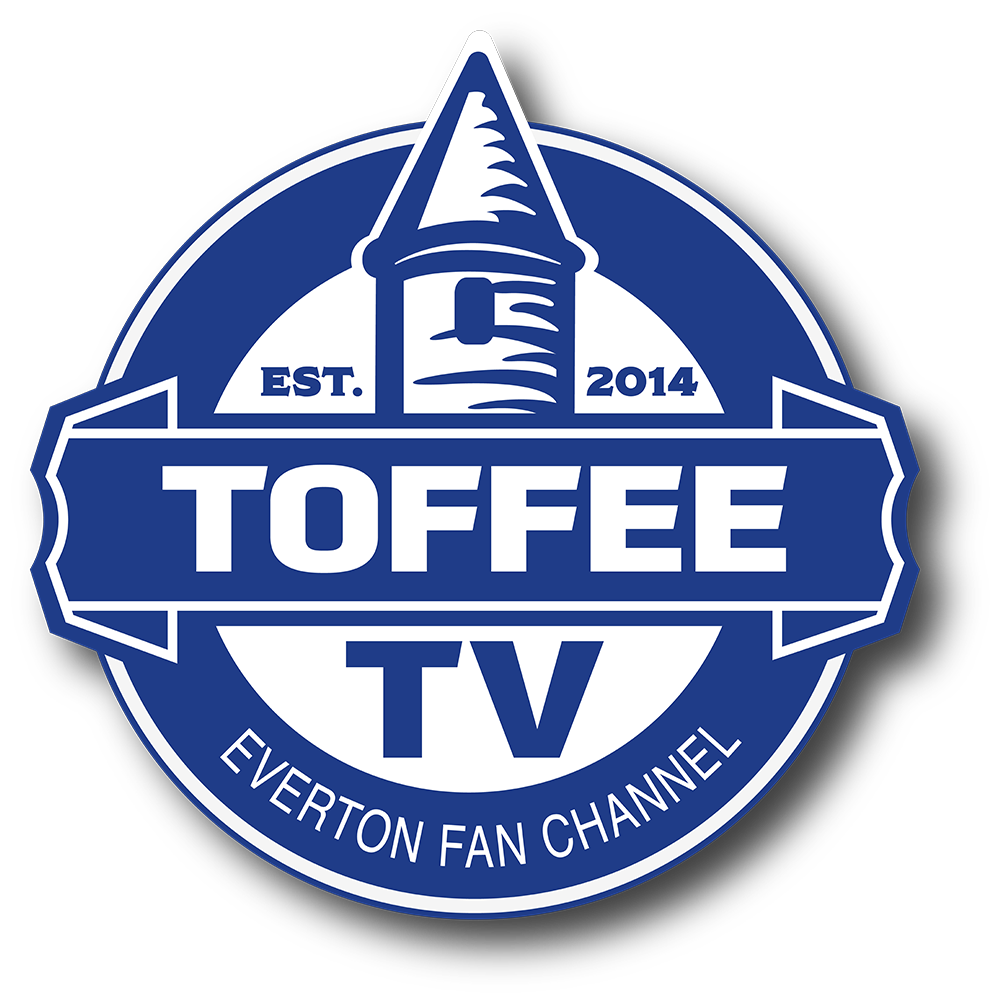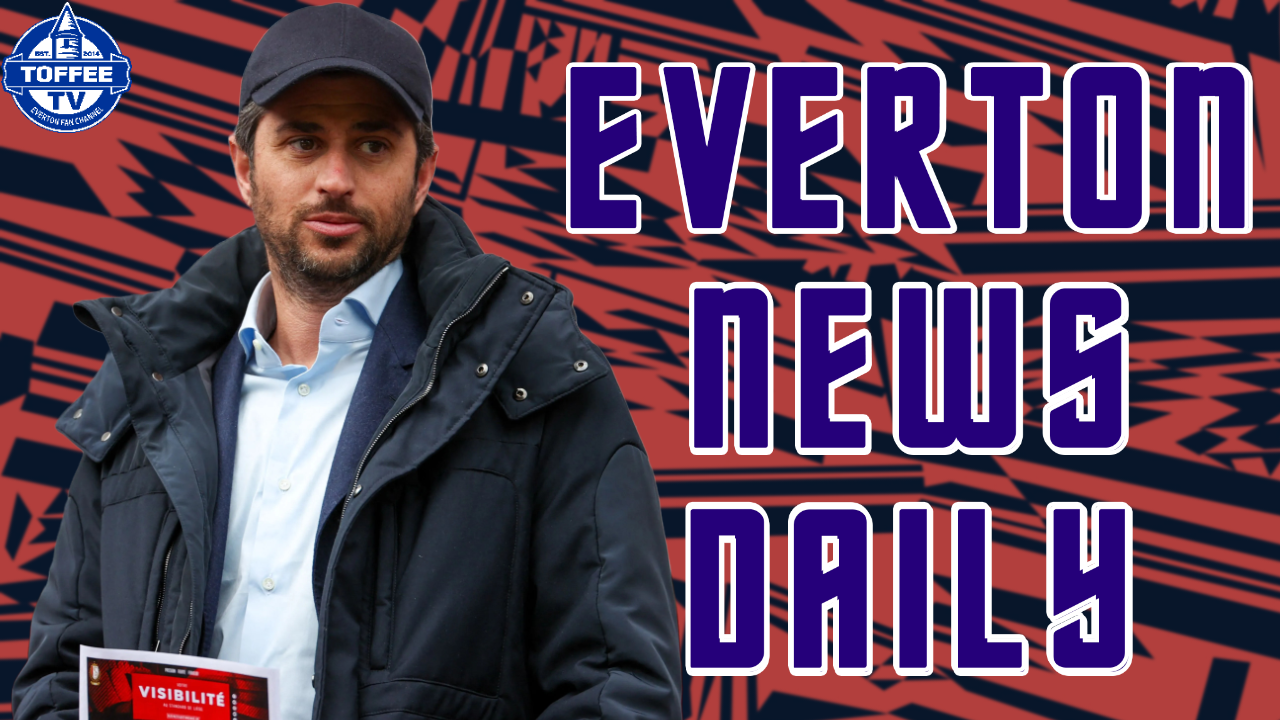Dele Alli’s emotive interview proves football still has plenty to do when it comes
to caring for its stars.
It’s more than a game.
We’ve all said it. We’ve all meant it. Some of us have even named
websites after the phrase. Except, really, it’s not more… it is just a game.
Dele Alli’s revealing interview with Gary Neville on The Overlap was a
poignant reminder of that fact. Dele, who is now in pre-season training with Everton, detailed the
emotional trauma he went through as a child, as he discussed a
sleeping pill addiction that eventually sent him to a rehab centre in the
United States following his unsuccessful loan move to Besiktas.
The 27-year-old had the world at his feet during his early years at
Tottenham. A Premier League superstar, Dele looked set to go on and
enjoy a long, illustrious career at the top of the game.
But while his story is a cautionary one, it is the underlying issues that
came with Dele’s meteoric rise that were clearly a huge contributing
factor to the downward spiral he has been on.
This time last year, Alli was about to head into his first full season at
Everton, and there was optimism that he could be a useful player for
the Toffees as they looked to bounce back from the dismal 2021-22
campaign.
“I remember Crystal Palace, last home game of the season [in 2021-
22],” Jordan Pickford told Sky Sports in an interview over the
weekend. “[Dele] came on at half-time when we were 2-0 down and
he turned the game around and he stayed up.”
Indeed, it was true. Dele had, in that 45-minute cameo, shown what
Everton fans and then-manager Frank Lampard, had been waiting for,
and his guile was crucial in Everton securing a famous comeback win.
With Everton having signed Dele from Spurs in a convoluted deal that
meant a fee (of £10million) would only be paid upon the attacker
making 20 appearances, many Evertonians hoped Lampard would
call on Dele — who had looked sharp in pre-season, a glaring miss in
a humbling defeat to Minnesota United aside — to help plug the gap
left by Dominic Calvert-Lewin’s injury problems and the sale of
Richarlison (coincidentally, to Tottenham).
Yet Dele, who had been handed his favoured No.20 shirt, did not start
either of Everton’s opening games last season, and by mid-August a
loan switch to Besiktas was in the offing.
Dele packed his bags and off he went, with Everton hoping to utilise
the spare funds by signing Mohammed Kudus on loan from Ajax. That
move did not materialise, unfortunately for Everton, but there was a
hope that Dele would impress enough in Turkey to secure a
permanent move — one that would presumably alleviate Everton’s
need to pay Spurs anything at all.
But Dele made just 15 appearances for Besiktas last term. Yes, he
scored three goals, which is not an awful return, but it was clear pretty
early on that the move was not going according to plan, with Dele
facing public criticism from coach Senol Gunes. He did not feature for
Besiktas after February, and returned to Everton in April to undergo
surgery on an injury.
What nobody — at least publicly — knew, is that Dele was at that
stage going through an episode of addiction to sleeping pills. He told
Neville that, at the peak of the problem, he would be taking tablets as
early as 11am on his days off.
Dele confirmed at the start of the interview that he had, to an extent,
been forced into revealing his secrets. The tabloid press had got hold of the story; he took the chance to get ahead of it. That does not make the fact he felt forced into discussing his problems any better and
purely reflects worse on Britain’s gutter press and all those that work for such publications.
The outpouring of support, at least, has been there. From team-mates
at club and international level, to pundits and fans, there has been
plenty of plaudits heading Dele’s way for the manner in which he has
opened up.
Football has a duty of care that is too often overlooked. By fans, by
pundits, by the press. In Everton’s case, there has been another, very
recent and prominent example, with Calvert-Lewin having confirmed
he battled with mental health problems during his injury-ravaged
2021-22 season.
Sean Dyche, after his appointment as Everton boss, exuded patience
and understanding in his handling of the striker last season, during
another injury-hit campaign, and even now, Everton’s staff continue to
take great care in the 26-year-old’s recuperation from the hamstring
injury that saw Calvert-Lewin miss the final game of 2022-23.
In Dele’s case, what was bubbling beneath the surface could probably
not have been imagined in anyone’s wildest nightmares. Dele was
sexually abused at the age of six, shipped off to Africa to “learn
discipline” at the age of seven. At eight, he was back in the UK, being
used as a drug mule on the streets. He was adopted at the age of 12,
by a family he is eternally grateful to.
“I don’t know why these young guys, athletes in any sport become fair
game for everybody. I just don’t understand it,” said Adrian Heath, the
Minnesota United coach and an Everton star of the 1980s, when
asked about Dele’s interview.
“We had one recently with one of our guys, who had some issues, and
some of the stuff he showed me on his social media, it beggars belief,
it really does. Nearly all these guys are working class kids, they come from working class backgrounds, they have the same issues as everybody else. They get the money, but the problems they have –
whether it be drugs, gambling – they’re no different.
“When I see stuff that gets written, I wonder where we are in the world
at times. But good for him, hopefully this will be a turning point for him
and he’s got some of the stuff and demons out of his head because
it’s tragic what’s happened to the kid who’s still only 27, he was one of
the best players in the country and hopefully this will be the start back
for him.
“He’s obviously a troubled soul. To have the stuff he’s had since the
age of six. In hindsight I actually think he’s done incredibly well to
have the career he’s had so far – maybe rather than giving him stick,
people should be praising him for what he’s done. The fact he’s got it
off his chest will hopefully enable more people to come out and put it
in the public domain.”
Heath’s words ring true. Where is the protection? It’s easy to fall into
the trap of believing multi-millionaire footballers are immune to life’s
issues, but everybody knows that is not — and never has been — the
case, even in the days before the money really rolled in.
Now, players in their late teens or young twenties are thrust not only
into the limelight, but also the wealth that comes with it. And in
football, it’s all about more: More money. More for agents. More for
sponsors. More, more, more.
In Dele’s case, it all got too much. It was no real surprise to hear him
say he had considered retirement at 24. But now, he says he has “that
hunger” back. It would be fantastic for all concerned if he is able to
fulfil that and rediscover his love for the game, first and foremost.
“For Dele to come out just shows how strong he is, and what he’s
gone through – it’s been tough for him. Hopefully he’s out the other
side now,” Pickford added in that Sky Sports interview.
“I think Everton’s a great place for him to be because we’re a people’s
club and hopefully all the players and staff around the club can help
him get back to the form he was in at Spurs. He’s a top player, 40-odd
caps for England, so we know what type of player he is and hopefully
he’ll have a good season next year.”
Unfortunately, though, Everton are now in a catch-22 situation.
Dele has returned and has a year left on his contract. He has made
13 appearances for Everton, meaning if he features another seven
times, the club will owe Spurs £10m that right now, they simply do not
have.
They might be ‘The People’s Club’ but they cannot spend money that
isn’t there, or that they need to prioritise for other areas of the pitch.
On the other hand, a Dele that is even halfway to firing on all cylinders
is likely a better attacker than any other Everton have at the club after
Calvert-Lewin. Dyche might well fancy himself as the one to get the
best out of him, but so did Lampard… Can the club afford to take that
gamble?
Time will tell. For now, though, Dele must focus on getting back to
fitness and back to himself. His interview was brave, poignant and —
hopefully — it will prove impactful down the line.
Football must realise its duty of care, because not everybody will have
the strength to bounce back.
Patric Ridge
Categories
- 1878FM Podcast (7)
- Everton ClubCall (7)
- Everton Daily Live Extra (15)
- Everton Matches (2)
- Everton News Daily (191)
- Everton Players (2)
- Inside The Game Podcast (1)
- John Blain (1)
- Match Preview (4)
- Match Preview (34)
- Match Preview (5)
- Match Reaction (2)
- Match Reaction (136)
- Match Report (8)
- News (24)
- Patric Ridge Blog (1)
- Press Conference (16)
- The Final Word (19)
- VIDEO (461)



